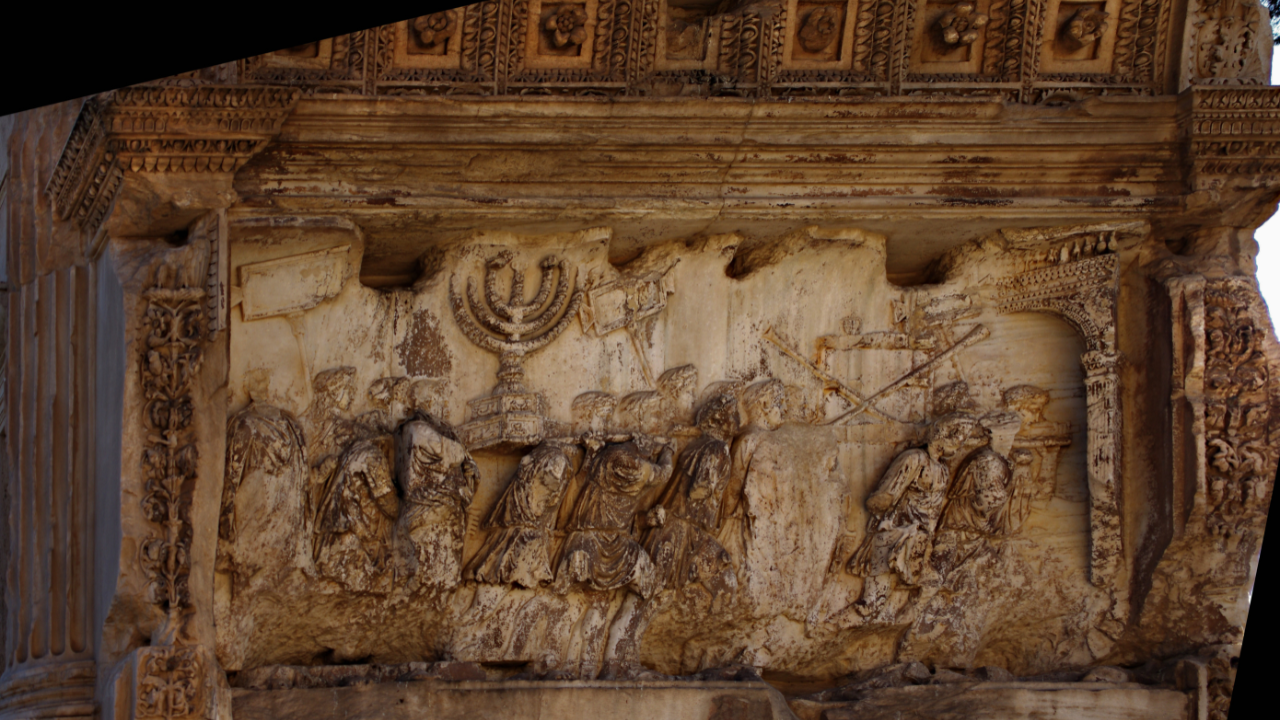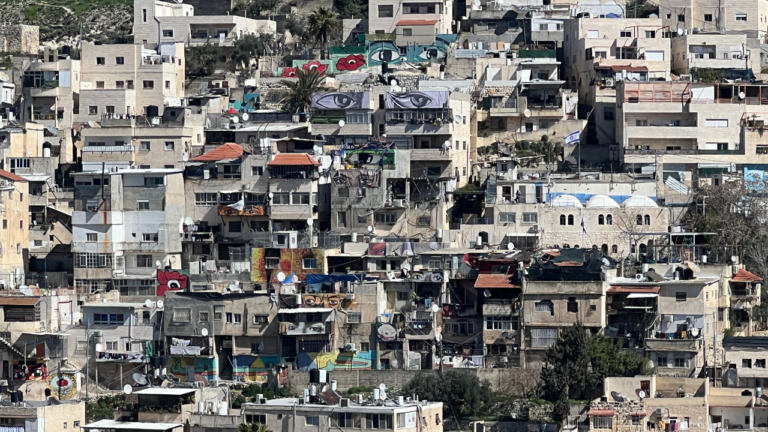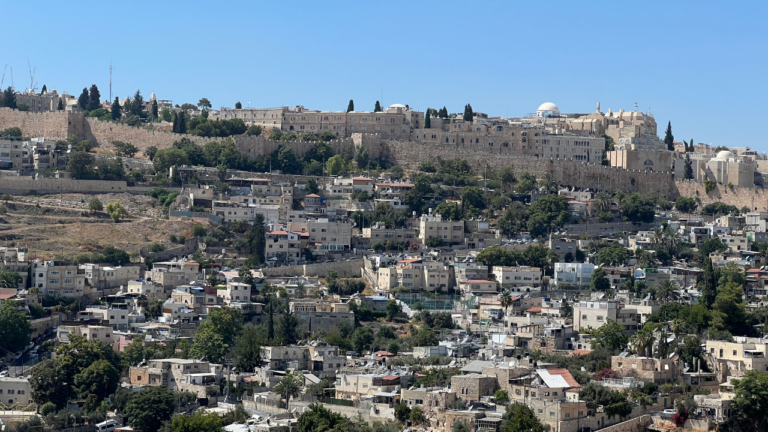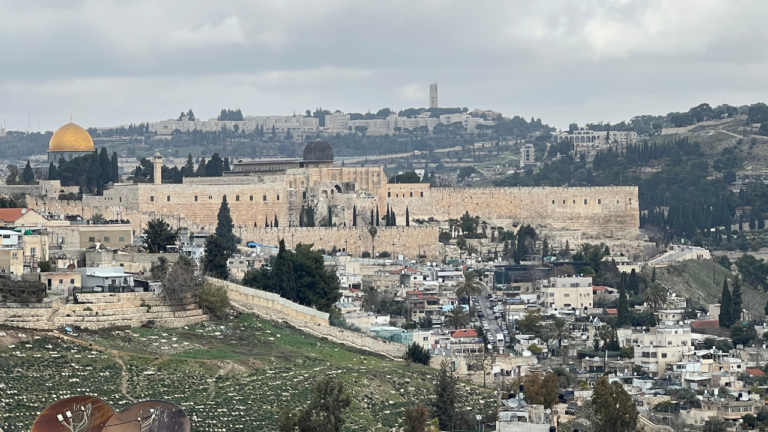The Beautiful Scent of the Traitor
As Yaakov Avinu impersonates Eisav and enters Yitzchak’s presence, the elderly and blind Yitzchak comments on the scent of Yaakov’s garments. “ראה ריח בני כריח שדה אשר ברכו ה’, see the smell of my son is like the aroma of a field that was blessed by God.” Chazal are perturbed by Yitzchak’s enthusiasm over this scent. Yaakov was wearing goat wool from a recently slaughtered animal; normally such attire would carry an odor that is anything but pleasant.
The Gemara Sanhedrin (37a) creates a play on words to explain what beautiful scent Yitzchak Avinu was describing. וירח את ריח בגדיו, and he smelled the scent of his garments, “אל תקרא בגדיו אלא בוגדיו, do not read this word as garments but rather betrayers.” Yitzchak Avinu sensed the endless potential within the son that stood before him, a potential so great that even the most “despicable” of his descendants were capable of greatness. The aroma of the “rebellious ones” still smelled like a heavenly blessed field.
The Midrash Rabbah (65:22) provides an example of such a בוגד. Yosef MeShita was a wayward Jew during the time of the Temple’s destruction (presumably the second Temple). He had little interest in Torah and was apathetic to the plight of his people as their spiritual center was being destroyed. As the marauding armies of the Romans reached the Sanctuary of the Beit HaMikdash, they chose a Jew to enter into the Heichal first. (Either they were apprehensive to enter the structure, or wanted to desecrate the holy temple by having a Jewish turncoat begin the looting.) Yosef MeShita was the perfect choice; a rebellious, despicable Jew who couldn’t care less about the holiest, most precious items of his people. The Romans promised him that he could take and keep anything he desires from the Heichal. Yosef happily obliged; the traitor entered and emerged with the golden menorah dragging behind him.
The Romans then told him to enter again, promising him vast amounts of wealth to do so. But suddenly, Yosef was hesitant. “Is it not enough that I angered my God once, should I anger him twice?!” He refused to enter. The soldiers were enraged, and began to slowly torture him to death with saws. Yosef continually cried out, “woe is to me that I angered my Creator!” until his soul departed from him. Indeed, the scent of such a Jew is like a שדה אשר ברך ה’.
This midrash captures the powerful hidden loyalty of even the most distant Jew. However, there is an obvious question. Why did Yosef enter the Heichal the first time? If Yosef had such a beautiful heavenly scent, why did he brazenly betray Hashem in the first place?
Rav Yosef Kahneman, the Ponevezher Rav, explained that Yosef’s hidden spiritual power was covered and inaccessible to him. But ironically, it was his rebellious entry into the Heichal that changed him so drastically. As soon as he entered into the inner sanctum of Yerushalayim, the essence of his powerful soul was unleashed. Simply tarrying in the Beit HaMikdash for a couple of minutes (attempting to loot it!) was sufficient to jolt his spirit and emboldened him to sanctify God’s name with his life.
The Rambam in several places notes that the essence of the Jewish soul always desires truth and God’s will. However, a Jew can become blinded and distracted by many extraneous factors as he navigates the complexities of this World. As one of my esteemed colleague’s is fond of noting, it only takes a spiritual jolt, a metaphorical slap in the face, for the essence of the Jew to be unleashed from its prison. In Yosef’s case, the Heichal’s sanctity was a powerful whopping blow that shook him to his core. The fragrant beauty of his soul was released.
Upon closer inspection, Yitzchak himself is comparing the scent of Israel’s beautiful rebels with the spiritual aroma of the Beit HaMikdash. The next passage in the Midrash explains that the “blessed field” actually refers to the Holy Temple. The “scent” of the Holy Temple matched the inner-spiritual scent of Jacob’s outward rebels. This is why he is blessed with the destiny to eventually erect the Temple and spiritually dominate this World.



